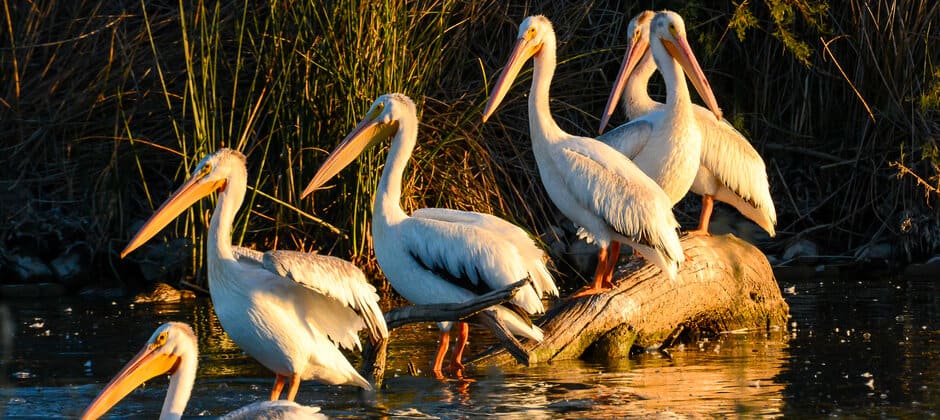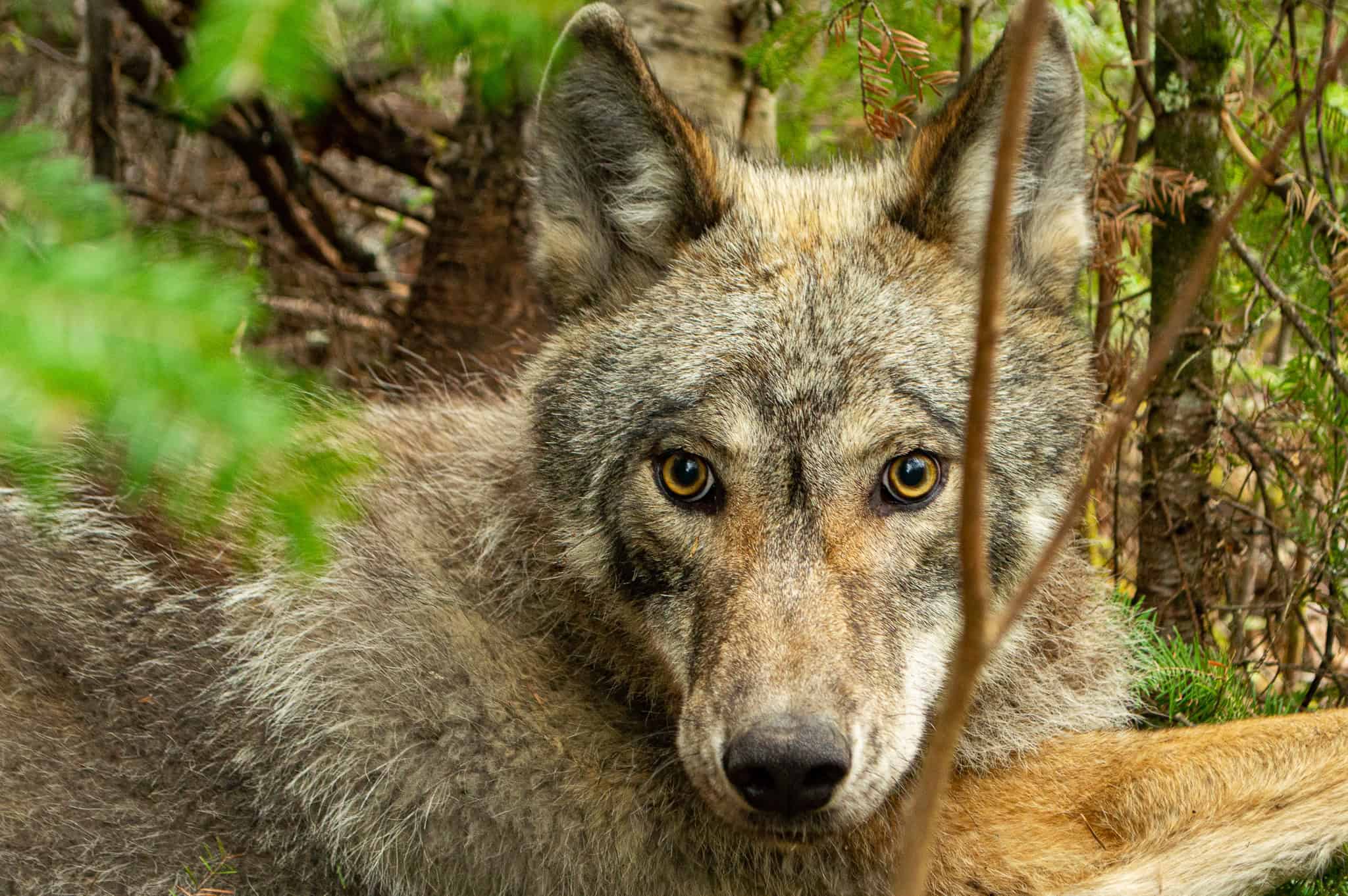Share this article
Migratory Bird Protection Act reintroduced
The Migratory Bird Protection Act, legislation that would provide a path forward in public-private migratory species conservation work, has been reintroduced to the U.S. House of Representatives.
Reps. Alan Lowenthal (D-Cal.) and Brian Fitzpatrick (R-PA) reintroduced the bill that would codify incidental take protections for migratory birds.
“With over one-third of America’s native species at increased risk of extinction and a loss of more than three billion birds in the past half century, now is the time for Congress to act,” said TWS President Carol Chambers in a press release announcing the bill. “Through Congressmen Lowenthal’s and Fitzpatrick’s leadership, the Migratory Bird Protection Act will provide support for wildlife biologists and managers to work collaboratively toward the proactive conservation successes America is capable of.”
The Migratory Bird Treaty Act of 1918 protects over 1,000 migratory bird species across the United States by making it illegal to take, possess, import, export, transport, sell, purchase, barter or offer for sale, purchase or barter, any migratory bird (or part of one), or a migratory bird nest or egg, without a valid permit. During the final days of the previous administration, the U.S. Fish and Wildlife Service finalized rule-making excluding incidental take, or harming or killing a bird during an otherwise legal activities such as energy extraction or electric utility operations, from the scope of MBTA regulation. The Biden administration has initiated a regulatory process to revoke this rulemaking.
The Migratory Bird Protection Act, which was reintroduced with nearly 50 bipartisan co-sponsors, would ensure that the Migratory Bird Treaty Act regulates the incidental taking of species. The bill also requires the U.S. Fish and Wildlife Service to consult with industry officials on permits that allow incidental take based on adherence to best management practices. Finally, it implements a mitigation fee to be imposed on unavoidable impacts on birds, which will fund other bird conservation programs.
The bill was first introduced in January 2020. The Wildlife Society, along with over 100 other organizations, signed a letter to committee leadership, urging swift passage of that legislation. The Wildlife Society is supporting the bill again this Congress and is working with partners to encourage additional members of Congress to co-sponsor the legislation and secure its passage.
Header Image: American white pelicans (Pelecanus erythrorhynchos) are one of the more than 1,000 species protected by the Migratory Bird Treaty Act. Credit: Kendal Allen / USFWS








